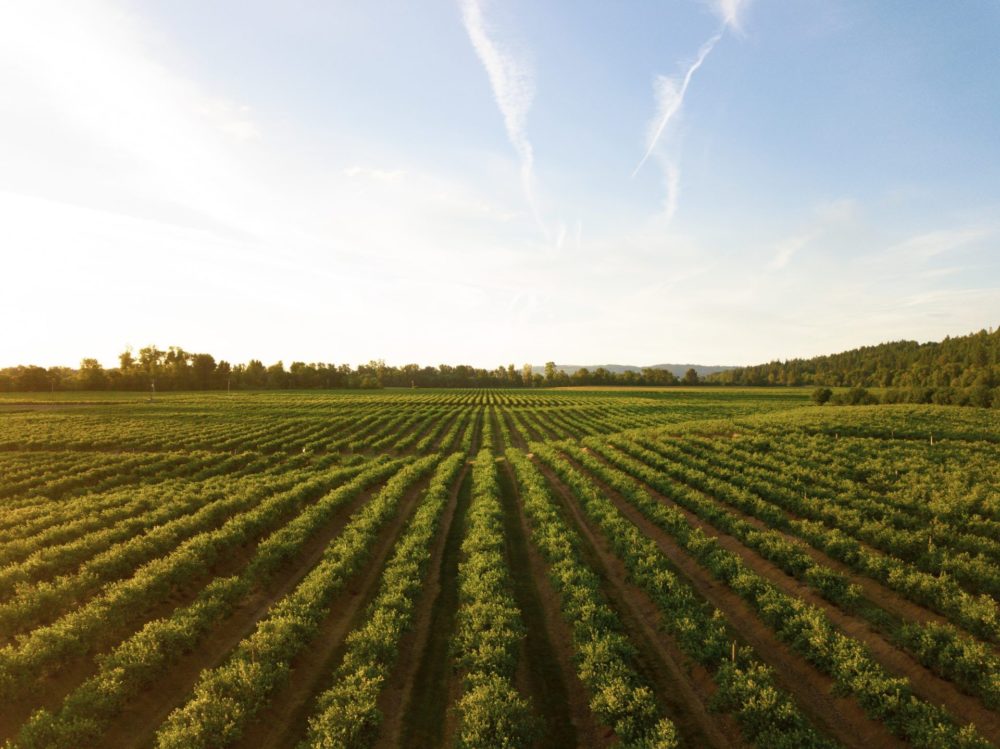Bio-based inputs are emerging as a potentially promising option for farmers interested in improving soil health without compromising on yields or dollars. A number of startups are working on various biological input products and hoping to convince farmers to either add them to their existing input programs or to swap out their conventional counterparts entirely. Israeli biologics startup Groundwork BioAg believes its crafted a compelling argument.
“Convincing farmers is relatively simple. A farmer is willing to test new technologies in many countries.” Yossi Kofman, CEO and co-founder of Groundwork BioAg tells AFN. “The challenge is that in agriculture, and especially ‘mainstream agriculture,’ it takes time.”
The Israeli startup today closed an $11 million venture financing round led by Ibex Investors with participation from ProDelta and Future Foodways. Previous investors, including MoreVC, Middleland Capital, Axess Ventures and BPD Agri also participated in the round.
The new funding will be used to help Groundwork BioAg accelerate and expand production of its mycorrhizal crop inputs, targeting the regenerative agriculture and soil health space. Its mycorrhizal inoculants are used to increase yields while reducing dependency on phosphorous fertilizer, according to the startup, while also helping to sequester more carbon. Kofman describes mycorrhizae as “the queen of biologicals.”
Mychorrizae and other microbes exist naturally in the soil but end up being harmed or destroyed through conventional farming practices that disrupt and denude the soil, according to Groundwork BioAg. The startup invested in major R&D to figure out how to harness their power and their beneficial relationship with plants, minerals, and soil.
The Mazor-based startup claims that it is the first to crack the code on mass production of highly concentrated, cost-effective mycorrhizal inoculants.
“The challenge with mycorrhiza has always been production. It is very difficult to produce it because of the symbiosis between with the plant roots. We have been focused the last few years on tackling the problems and challenges around production,” Kofman explains. “We have developed formulations for all types of cultivation methods including seed treatments and more.”
The startup has also created quality control capabilities that use machine learning and AI, he adds. Achieving uniformity of the product is critical, particularly as production scales up. If farmers receive product batches of varying quality, their faith in the burgeoning biologics space and willingness to adopt products could be jeopardized.
Building a market presence
Groundwork BioAg’s two flagship products are called Rootella, which is applicable to commodity, organic, and specialty crops, and Dynomyco, which is specifically tailored to cannabis cultivation. It hopes to add other products in the future with some of them ideally complementing its mycorrhizae-based products.
Today, its products are used on five continents including Brazil, France, India, Ukraine, and the US. It will be applied on one million acres of farmland during 2021, according to Kofman. It opted for distribution partnerships to get its mycorrhizal products into farmers’ hands. After what it describes as record sales in 2019 and 2020, Groundwork BioAg is now looking to rapidly scale up production to meet demand in 2022.
Part of its farmer adoption strategy involved making sure that the products fit seamlessly within farmers’ existing operations. If farmers have to purchase new equipment, make an additional pass on a field, or make other substantive changes to their operations, then the product becomes less appealing.
The biologics space is expanding at a steady pace and established players are even making moves to gain footing in the sector. Syngenta acquired biologicals company Valagro in 2020 while Farmers Business Network this year launched 17 own-brand biological inputs for its members. Bayer also recently indicated that the biologics space is one of its most active R&D areas.
But Kofman sees Groundwork BioAg as being positioned ahead of the pack.
“I don’t think that anyone else in the world has the capability today in terms of high volume production and cost-effective production. We want to reach millions of hectares.”





